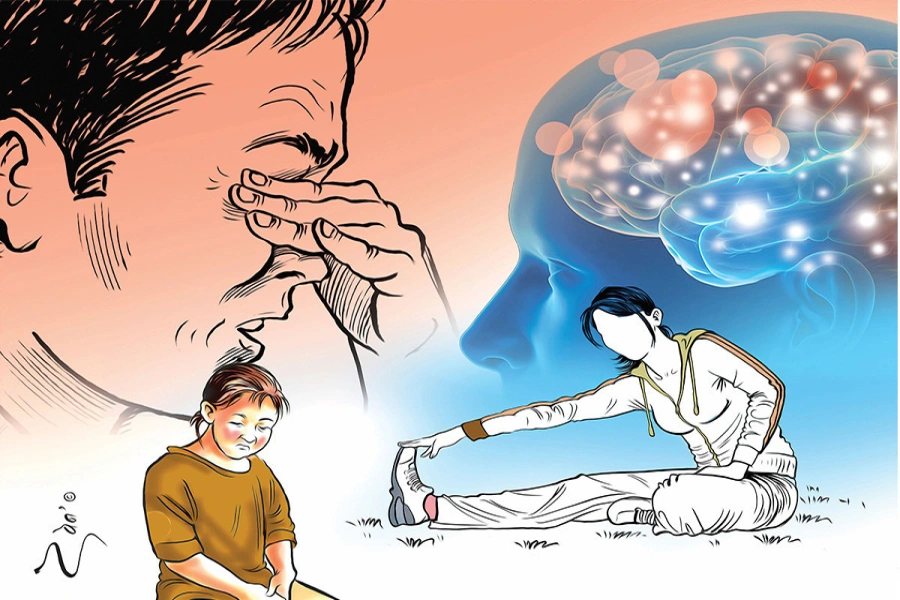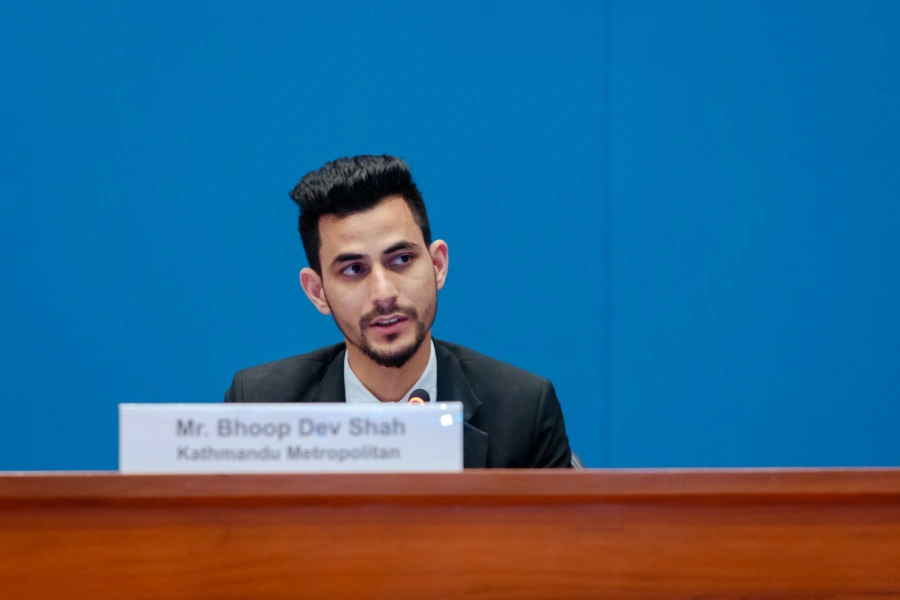Adequate water, sanitation and hygiene in health facilities are critical to patient and health worker safety. Here’s how to secure it
Health care facilities are many and varied. Some are tertiary, others are primary. Many are public; some are private. Others meet specific needs, whether dentistry or occupational therapy. And some are temporary, providing acute care when disaster strikes.
Whatever their differences, and wherever they’re located, adequate water, sanitation and hygiene (WASH), including waste management and environmental cleaning services, is critical to the safe functioning of each one.
Why?
Because when a health care facility lacks adequate WASH, infection prevention and control is severely compromised. This has the potential to make patients and health workers sick from avoidable infections.
As a result (and in addition), inadequate WASH in health care facilities directly undermines efforts to improve maternal, neonatal and child health. It also contributes to the unnecessary use of antibiotics, thereby spreading antimicrobial resistance (AMR). AMR is already estimated to kill some 700 000 people across the world annually and is one of the most pressing threats to health we face.
Bajura sees growth in access to safe abortion services

Much to do
As a joint WHO and UNICEF report published earlier this year outlines, WASH services in too many facilities across the world are missing or substandard. According to data from 2016, an estimated 896 million people globally had no water service at their health care facility. More than 1.5 billion had no sanitation service. One in every six health care facilities were estimated to have no hygiene service (meaning they lacked hand hygiene facilities at points of care, as well as soap and water at toilets), while data on waste management and environmental cleaning was inadequate across the board.
In the WHO South-East Asia Region, efforts to tackle the problem and achieve related Sustainable Development Goal (SDG) targets are being vigorously pursued. As outlined at a WHO-supported meeting in New Delhi, India in March, improving WASH in health care facilities is crucial to accelerating progress toward each of the Region’s Flagship Priorities, especially its quest to achieve universal health coverage. Notably, improving WASH was deemed essential to enhancing the quality of primary health care services, increasing equity and bridging the rural/urban divide.
A World Health Assembly Resolution endorsed in May, which the Region’s Member States supported, will hasten momentum, particularly by catalyzing domestic and external investment to help reach the time-bound global targets. These include ensuring at least 60 percent of all health care facilities have basic WASH services by 2022; at least 80 percent have the same by 2025; and 100 percent of all facilities provide basic WASH services by 2030.
To reach these targets and help achieve the Region’s Flagship Priorities, Member States Region-wide should implement each of the eight WHO-and UNICEF-recommended practical steps to improve WASH in health care facilities, with a specific focus on several key areas.
First, health authorities should conduct in-depth assessments and establish national standards and accountability mechanisms. Across the Region, as across the world, the lack of quality baseline data limits authorities’ understanding of the problem, making the assessment of existing sector-wide services key.
As this is done, and national roadmaps to improve WASH in health care facilities are developed, health authorities should create clear and measurable benchmarks that can be used to help improve and maintain infrastructure and ensure facilities are ‘fit to serve’. Given governments are more than service providers, effective stewardship is vital to providing better WASH governance across the sector.
Second, health authorities should increase engagement and work to instill a culture of cleanliness and safety in all health care facilities. Alongside information campaigns that target facility administrators, for example, all workers in the health system—from doctors and nurses to midwives and cleaners—should be made aware of current WASH and infection prevention and control (IPC) procedures. They should also be encouraged to practice them.
To help do this, modules on WASH and IPC should be included in pre-service training and as part of ongoing professional development. In addition, health authorities should work more closely with communities—especially in rural areas—to promote demand for WASH services and collect valuable input and feedback.
And third, health authorities should ensure the collection of data on key WASH indicators becomes routine. Doing so will help accelerate progress by promoting continued action and accountability. Importantly, it will also help spur innovation by documenting the links between specific policies and their outcomes.
To make that happen, WHO is working with the Member States across the Region, as well as key partners, to develop a data dashboard that brings together and tracks indicators on clean and safe health facilities, including WASH services, with a focus on the primary care level. Once finalized and implemented, rapid and lasting gains are expected.
As Member States Region-wide strive to achieve the Flagship Priorities and work toward the SDG targets, that outcome is crucial. Indeed, whatever the health care facility, whoever the provider, and wherever it is located, securing safe health services is the imperative Member States must boldly pursue. Together, it is imperative we must achieve.
The author is World Health Organization Regional Director for South-East Asia



































